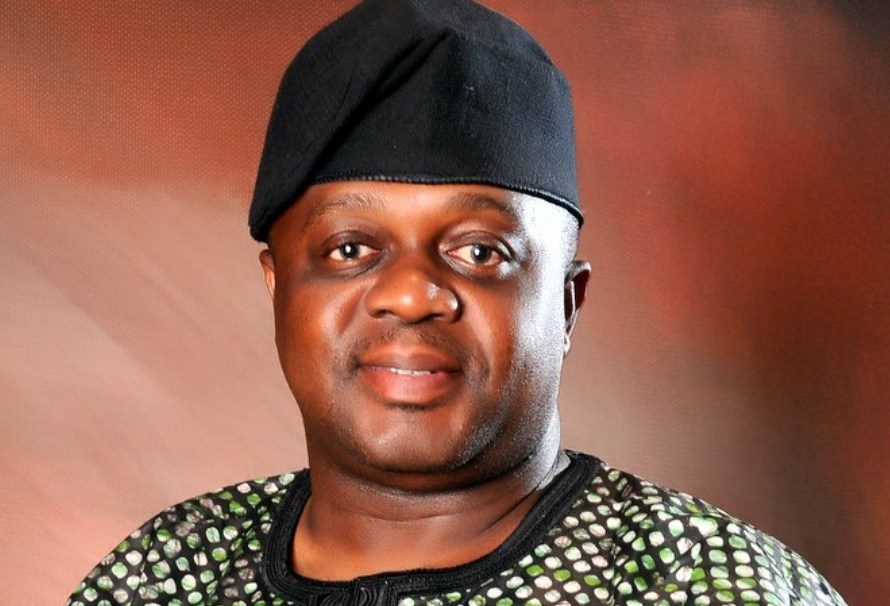Mr Tejuoso in his keynote address said the health sector has failed to deliver because of how the budget was managed.
“Many projects in our budget has not achieved the ultimate goal of helping the intended beneficiaries. it is not unusual to find in the budget proposal line items such as the procurement of ambulances, computers, and accessories. This tradition of input based financing does not serve the country well. It overly focuses on products than people”, he said.
He further highlighted various impediments of the health sector.
“Because of limited government and pooled health financing, health spending is dominated by out of pocket expenditure. In 1999 National Health Insurance Scheme (NHIS) was established to complement government spending and provide greater health financing for households, however as at 2016 only 7.9million people which is less than 4 percent of the population were covered, predominantly federal government civil servants.
“Even though Nigeria delegate delivery of health services to states and local governments, most health spending is at the central level.
“Primary Health Centres (PHCs) receives little or no operating budgets. They are meant to be funded by the local governments. If PHCs receives any cash at all, its from predominant sources and user fees which puts people into poverty.
“In average, health workers across the country receive salaries with two to three months delay and only a third of facilities receive salaries on time to meet operational costs.
“Additionally late passage of the budget which was delayed in 2016, 2017 and 2018 and lack of advance info on cash available for capital expenditure undercuts budget execution.
He, however, expressed hope.
He said the addition of the one percent Consolidated Revenue Fund as basic health care provision fund will affect the current 2018 budget positively.
“The 2018 health budget is about 4 percent of the annual which is about N51b but with the addition of this one percent of the consolidated revenue which is about N55b, we are now doubling the capital of the budget.”
The lawmaker said the basic healthcare fund will be pumped into the NHIS to help reduce out of pocket spending and also help in revitalizing the over 30,000 PHCs across the country.
The Country Director MAMAYE, Tunde Segun stressed the impact of adequate resources in the health sector. He called for early passage and implementation of budgetary allocations in the country.
#FundNaijaHealth, a campaign geared towards funding the health sector was launched at the end of the event.
MamaYe is a programme led by African experts in Kenya, Nigeria and Ethiopia to improve the chances of maternal and newborn survival in sub-Saharan Africa. It is made possible with management support from Options and funding from the Bill & Melinda Gates Foundation.
Source: Premiumtimes
 The Chairman, Senate Committee on Health, Lanre Tejuosho disclosed this while explaining various shortfalls bedeviling the funding of the health industry at the commemoration of MAMAYE day 2018 in Abuja.
The Chairman, Senate Committee on Health, Lanre Tejuosho disclosed this while explaining various shortfalls bedeviling the funding of the health industry at the commemoration of MAMAYE day 2018 in Abuja.